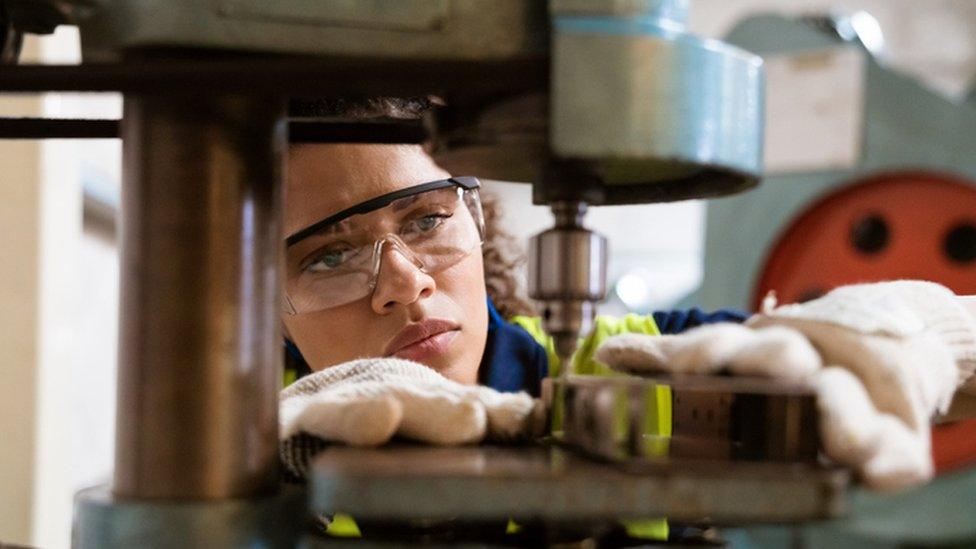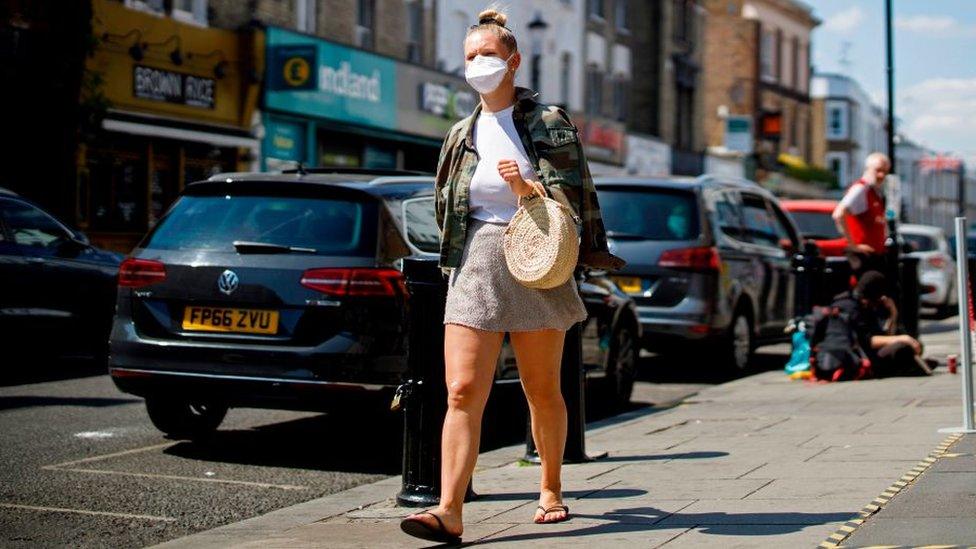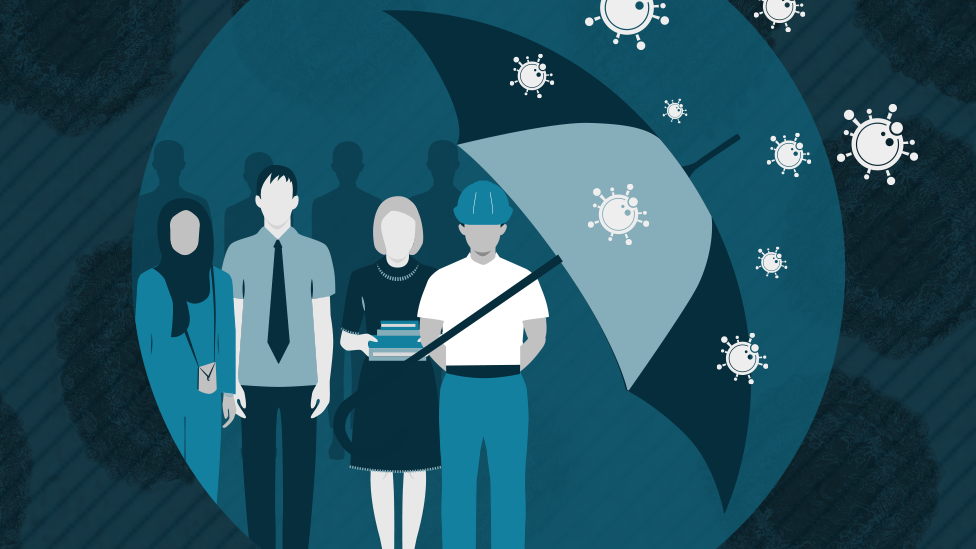Coronavirus: More than 700,000 Scots get furlough support
- Published

Nearly 900,000 people in Scotland have been helped by the furlough and self-employment support schemes.
UK government figures show that, up to the end of June, 736,500 Scots had been furloughed.
In addition, another 155,000 claims have been made to the scheme supporting self-employed workers during the lockdown period.
The Scottish government has called for the furlough scheme to be extended, particularly for the hardest hit sectors.
The coronavirus job retention scheme currently pays 80% of furloughed employees' wages, up to £2,500 a month, although the chancellor has announced plans to reduce UK government contributions from August and end the scheme in October.
An estimated 75% of eligible self-employed Scottish workers have applied for financial support from the UK government, with an average claim of £2,900.
Regional breakdown
The figures, broken down by area, show 88,300 jobs in the Glasgow city region area have been furloughed (32%), while 58,400 people have received support through the job retention scheme in Edinburgh (28%).
By local authority, Highland has the highest percentage of people on furlough with 34% (36,600 eligible jobs), followed by Perth and Kinross with 33% (22,200 jobs).
Scottish Secretary Alister Jack said: "The UK government continues to do whatever it takes to get Scotland, and the whole of the UK, through the coronavirus pandemic and ensure our economy can get back on track."
"People and businesses in Scotland also continue to benefit from UK-wide schemes such as VAT deferral, company loans and Universal Credit."
Earlier the Scottish government's economy secretary, Fiona Hyslop, said the furlough scheme needed to continue longer for some parts of the economy.
She added: "It is only fair that these businesses are supported when they've had to close through no fault of their own, and have undoubtedly helped save lives as a result."

THE R NUMBER: What it means and why it matters
LOOK-UP TOOL: How many cases in your area?

- Published14 July 2020

- Published15 July 2020

- Published30 September 2021
